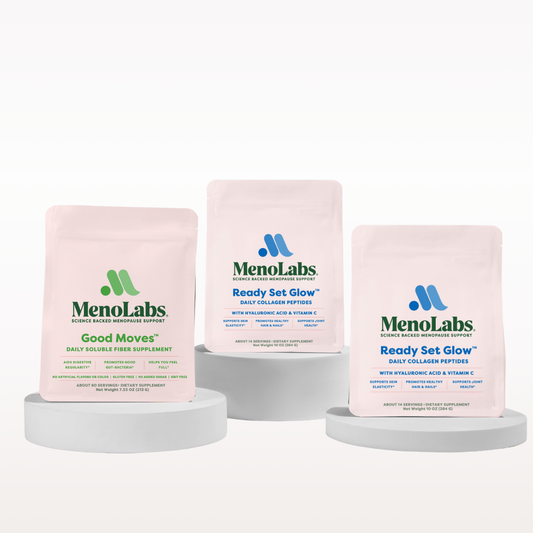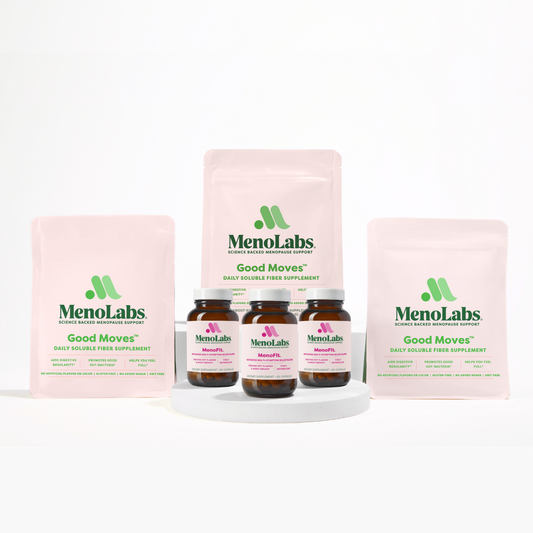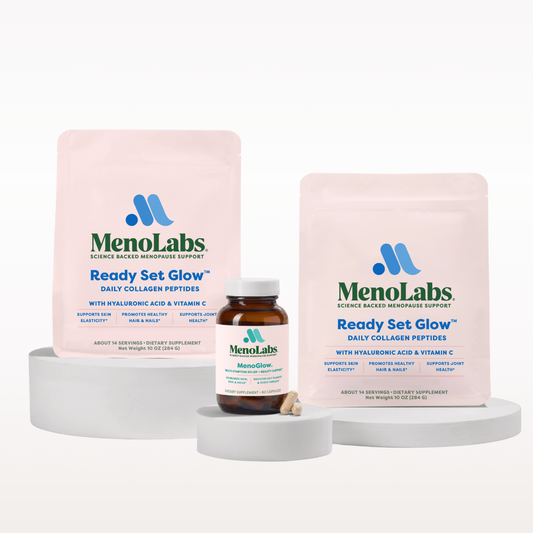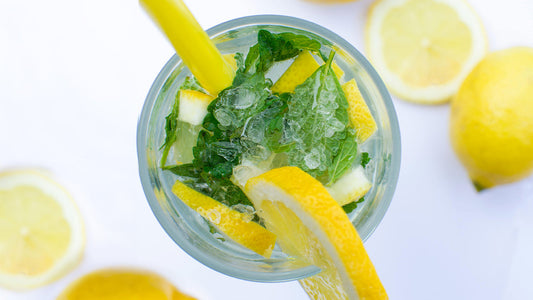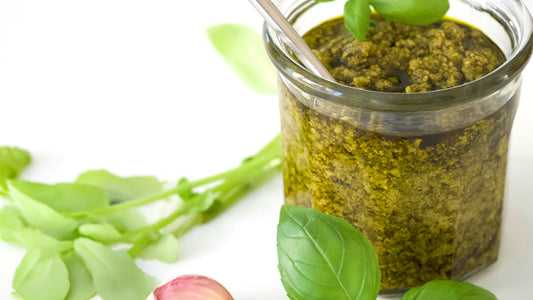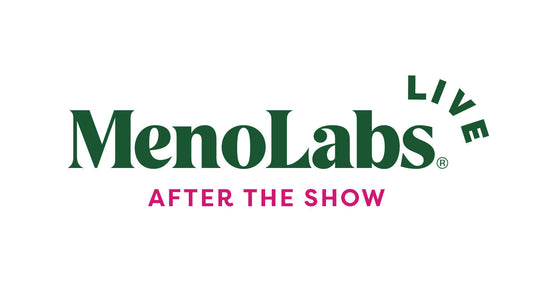You probably know at least a little bit about estrogens — they’re the sex hormones that maintain sexual and reproductive health, and affect everything in the body from the reproductive system and urinary tract to the bones, mucous membranes, muscles, and brain.
Estrogen levels rise during puberty, instigating the development of secondary sex characteristics, then continue to fluctuate throughout life, rising and falling in line with your menstrual cycle. But as we age out of our reproductive years and reach menopause, estrogen levels drop dramatically, instigating a lot of the symptoms we experience throughout our bodies. Hormone replacement therapy (HRT) effectively counteracts these symptoms by replacing the estrogen lost in the menopause transition.
Phytoestrogens are plant compounds that convert into weak estrogens in the gastrointestinal tract. Since their bond to estrogen receptors in the body is weaker than that of estrogens produced in the body, phytoestrogens are not a substitute for doctor-prescribed HRT. However, a diet rich in foods with phytoestrogens may help alleviate symptoms caused by drops in estrogen levels. And at the end of the day, these foods are nutritionally dense and wholesome additions to your diet at any stage of life.
1. Soy Foods
Edamame, tofu, tempeh, miso—all your favorite soy foods contain phytoestrogens. Soybeans are the most common source of isoflavones, a phytoestrogen that also has anti-inflammatory and antioxidant properties. Research suggests that consuming isoflavones reduces hot flashes, improves fatigue, and alleviates irritability in menopausal women.
2. Flaxseeds
Flaxseeds are the richest dietary source of a type of phytoestrogens called lignans. One 2004 study found that spostmenopausal women supplementing their diet with flaxseed altered their estrogen metabolism more effectively than those taking soy. Flax is also rich in soluble fiber, which is one of the most important nutrients for microbiome health. A fiber-rich diet can help reverse microbiome imbalances that occur during the menopause transition.
3. Garlic
Garlic is a rich dietary source of lignans and phytoestrogen compounds called secoisolariciresinol and Matairesionol. A 2012 controlled clinical trial found that postmenopausal women who took garlic supplements had lower scores on a blood test for inflammation; lower inflammation may lessen the risk of t bone loss related to loss of estrogen. Garlic has also been observed to improve cholesterol levels and lower blood pressure, reducing the risk of heart disease.
4. Berries
Berries are among the healthiest foods in the world, so it’s no surprise that they also contain healthy levels of phytoestrogens. Specifically, they are rich in lignans and flavonoids. Research suggests berry flavonoid consumption can yield cardiovascular benefits, and may help with cancer prevention and cognitive improvement in menopausal women.
5. Seaweed
Seaweed is chock full of lignans and is one of the best dietary sources of iodine, an essential nutrient for thyroid function that menopausal women often need. One 2009 study found that dietary seaweed, in combination with soy, favorably alters estrogen and phytoestrogen metabolism. And while research is ongoing, there is some evidence that suggests seaweed consumption acts as a protective factor against the formation of breast cancer in post-menopausal women.
Whether you choose to make berries your daily snack or start ordering seaweed salad with your sushi, there’s really no downside to adding more of these estrogen-rich foods into your diet. Alongside their hormonal benefits, these plant foods are simply nutritious (and often delicious). Research on the benefits of phytoestrogens is ongoing, but those potential benefits are just one of many reasons to regularly add these foods to your grocery list.
Related Products
Blend Besties Bundle
Fresh Start Bundle
4.7 / 5.0
(553) 553 total reviews







